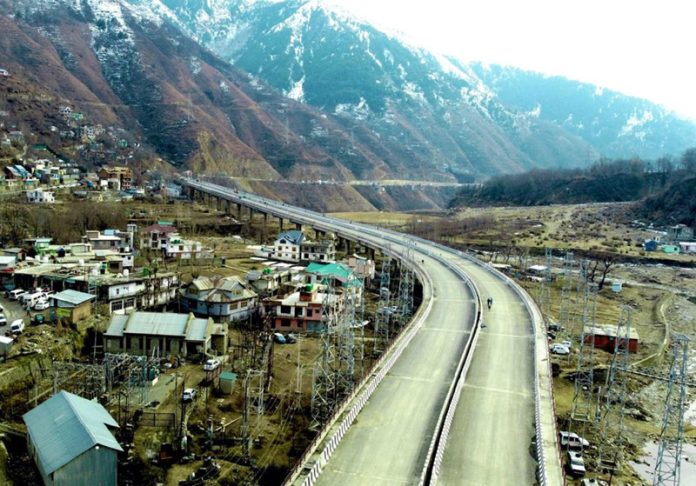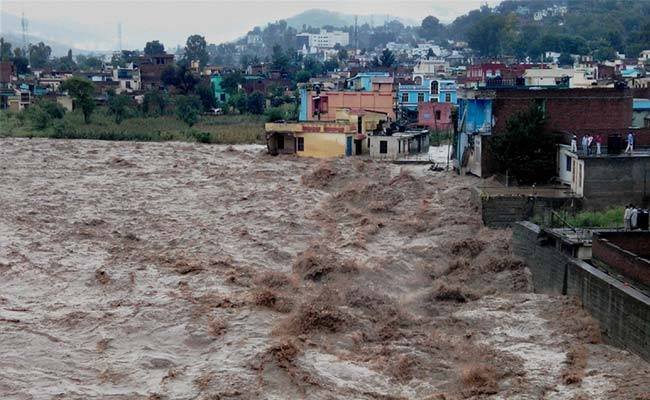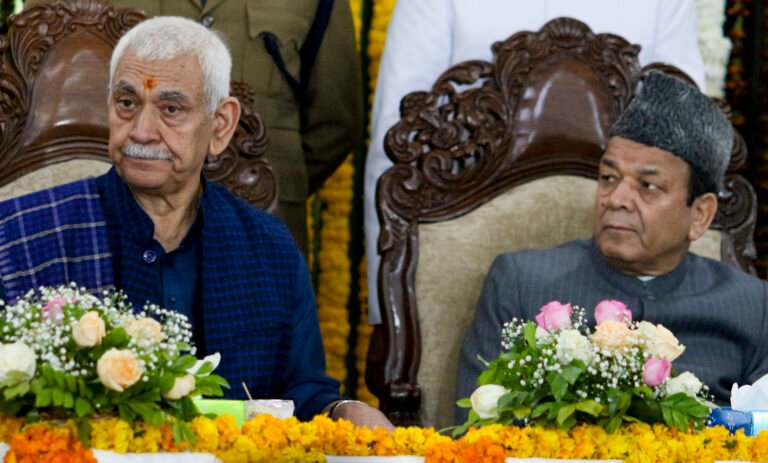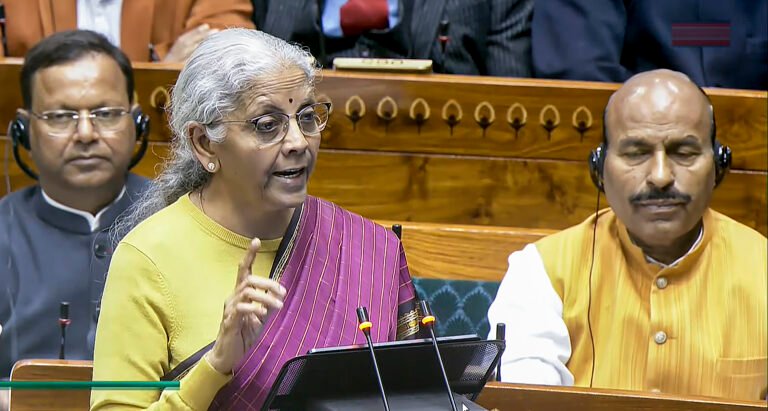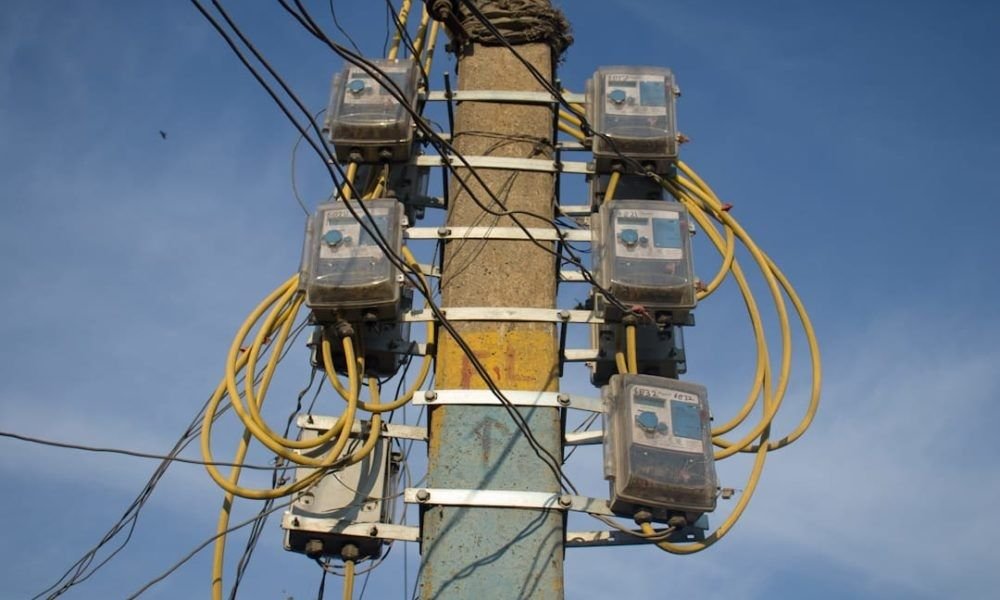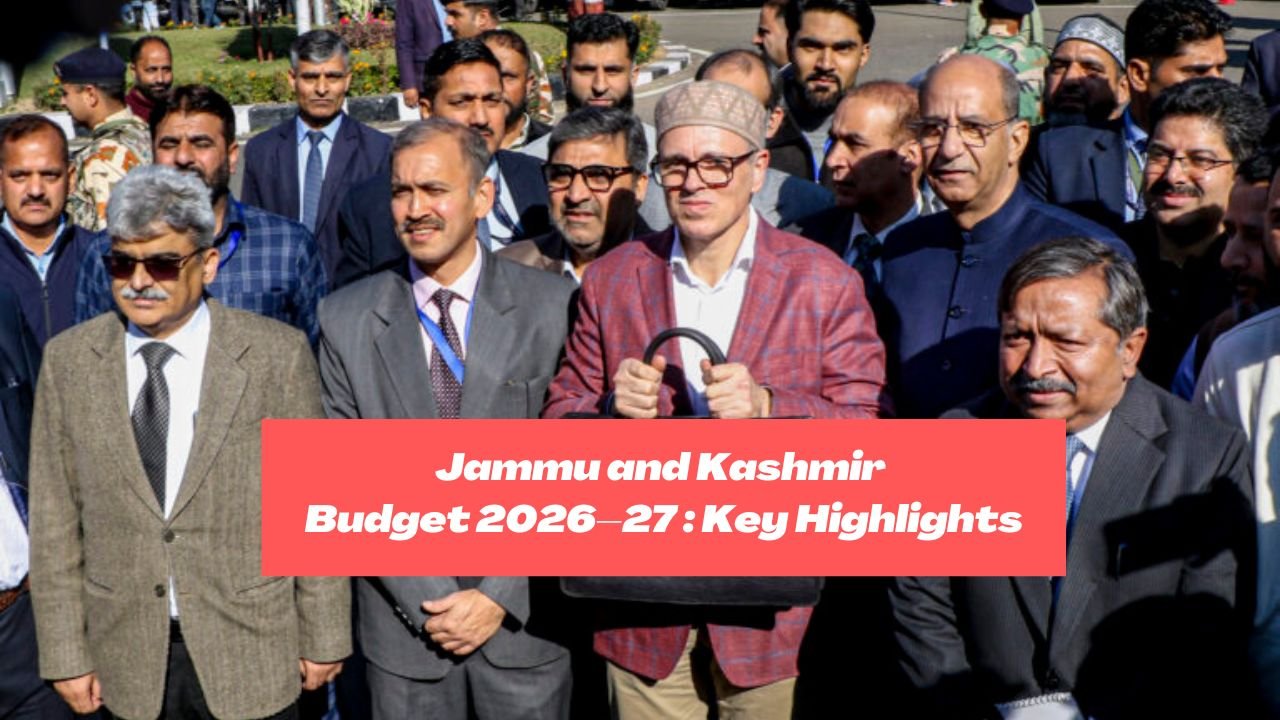The newly inaugurated Banihal Bypass on NH-44 marks a significant milestone in improving traffic flow and boosting regional connectivity in Jammu and Kashmir. Spearheaded by the Union Minister for Road Transport and Highways, Nitin Gadkari, this state-of-the-art 4-lane, 2.35 km bypass promises to transform travel experiences while contributing to the region’s economic and tourism growth.
Key Features of the Banihal Bypass
Strategically located on the Ramban-Banihal section of NH-44, the Banihal Bypass has been constructed at a cost of ₹224.44 crore. Here are the highlights of this transformative project:
- Advanced Infrastructure: The bypass includes 4 viaducts spanning 1,513 meters and 3 culverts, effectively addressing the persistent bottlenecks caused by roadside markets and shops in Banihal town.
- Phased Traffic Release: Initially, the bypass will accommodate two-lane traffic, with four-lane operations set to commence within 15 days following junction development.
- Enhanced Travel Efficiency: The bypass ensures unhindered traffic flow, significantly reducing travel time and easing congestion for both tourists and defense vehicles en route to the Kashmir valley.
Read also: Train Timings Announced for Katra to Srinagar Route
A Boost to Regional Connectivity and Tourism
The completion of the Banihal Bypass brings multiple benefits to Jammu and Kashmir:
- Streamlined Traffic: The bypass diverts routine traffic away from the crowded Banihal town, alleviating congestion and creating a smoother travel experience.
- Improved Logistics for National Security: By facilitating faster movement of defense vehicles, the bypass strengthens national security logistics in this strategically important region.
- Tourism Growth: With reduced travel time and a more enjoyable journey, the bypass is expected to attract more tourists to Jammu and Kashmir, enhancing its reputation as a premier destination.
Challenges and Project Timeline
The Banihal Bypass project was initiated in January 2021 and was originally scheduled for completion by December 2023. However, the timeline was extended by a year due to various challenges. Despite these delays, the project stands as a testament to engineering excellence and commitment to development.
Route and Junction Development
The bypass stretches from Kharpora to Navayuga Tunnel, bypassing Banihal town entirely. The remaining work, including junction development near the Banihal Railway Station and sections approximately 2.5 km before the bypass, is expected to be completed in two weeks. Once this final stage is completed, all four lanes will be fully operational.
Benefits for Local Businesses and Residents
Beyond easing traffic, the Banihal Bypass is expected to positively impact local businesses by improving accessibility and reducing delays caused by congestion. Additionally, residents of Banihal town will experience reduced traffic-related noise and pollution, enhancing the quality of life in the area.
A Step Toward a Better Tomorrow
The Banihal Bypass is more than a road; it’s a bridge to a brighter future for Jammu and Kashmir. By addressing long-standing traffic issues and enhancing connectivity, this project paves the way for economic prosperity, better logistics, and increased tourism in the region.
As the final touches are added, the Banihal Bypass stands as a shining example of how infrastructure development can transform lives and regions alike.

